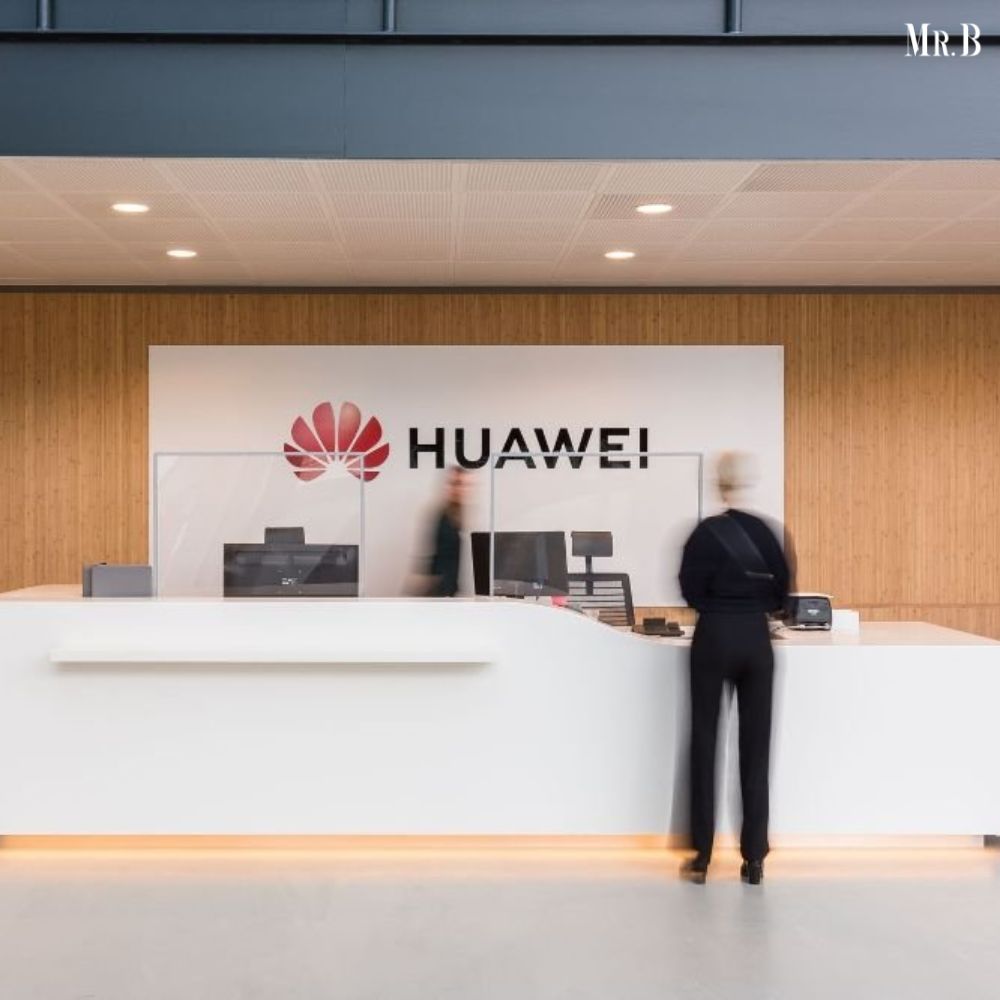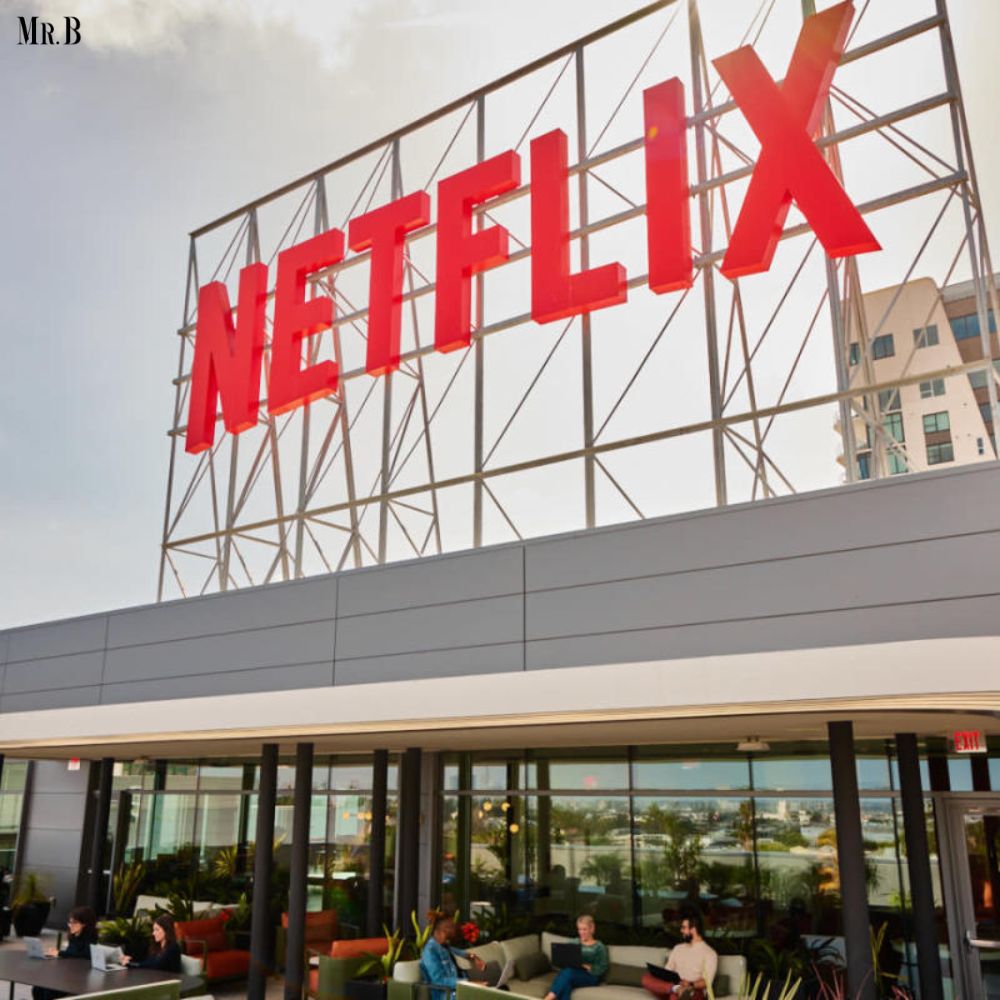Rising Interest Rates and Uncertain Economy Delay Fed Action
- Category: News

WASHINGTON (AP) — The Federal Reserve is expected to maintain its current key interest rate, as the U.S. economy exhibits resilience while grappling with mounting challenges, including surging interest rates, international instability, and anxious investors.
In the third quarter, the U.S. experienced significant economic growth driven by strong consumer spending, with inflation remaining uncomfortably high. Federal Reserve Chair Jerome Powell remains cautious and seeks to ensure the economy cools down and inflation moderates before considering any change in the Fed’s ongoing efforts to combat inflation and reach its 2% target.
U.S Treasury Rates Affected:
Simultaneously, volatile financial markets have led to higher long-term U.S. Treasury rates, reduced stock prices, and increased corporate borrowing costs. Federal Reserve officials believe these trends may contribute to an economic slowdown, potentially easing inflationary pressures without necessitating additional rate hikes. Since March 2022, the Fed has raised its key rate from near zero to approximately 5.4%, aiming to curb inflation that surged as the economy rebounded from the pandemic-induced recession in 2020, resulting in increased costs for mortgages, auto loans, and credit card debt. The annual inflation rate, as measured by the consumer price index, dropped from a peak of 9.1% in June of the previous year to 3.7%.
Economists from Wall Street institutions estimate that recent stock and bond market losses could have an economic impact similar to three to four quarter-point rate hikes by the Fed.
“It’s clearly a tightening in financial conditions,” Powell noted this month. “That’s precisely what we’re trying to achieve.”
Federal Reserve Watchers Weigh in on Interest-Rate Decision
Although the Federal Reserve raised its benchmark rate to a 22-year high, it has refrained from implementing any hikes since July. Nevertheless, the yield on the 10-year Treasury note has continued to rise, reaching 5% last week, a level not seen in 16 years. This surge in Treasury yields has led to nearly 8% average 30-year fixed mortgage rates and increased costs for credit cards, auto loans, and various forms of business financing.
Inflation Control in Process:
In the third quarter, the U.S. experienced significant economic growth driven by robust consumer spending, with inflation remaining uncomfortably high. Fed Chair Jerome Powell remains cautious and seeks to ensure the economy cools down and inflation moderates before considering any change in the Fed’s ongoing efforts to combat inflation and reach its 2% target.
Simultaneously, volatile financial markets have led to higher long-term U.S. Treasury rates, reduced stock prices, and increased corporate borrowing costs. Fed officials believe these trends may contribute to an economic slowdown, potentially easing inflationary pressures without necessitating additional rate hikes. Since March 2022, the Federal Reserve has raised its key rate from near zero to approximately 5.4%, aiming to curb inflation that surged as the economy rebounded from the pandemic-induced recession in 2020, resulting in increased costs for mortgages, auto loans, and credit card debt.







